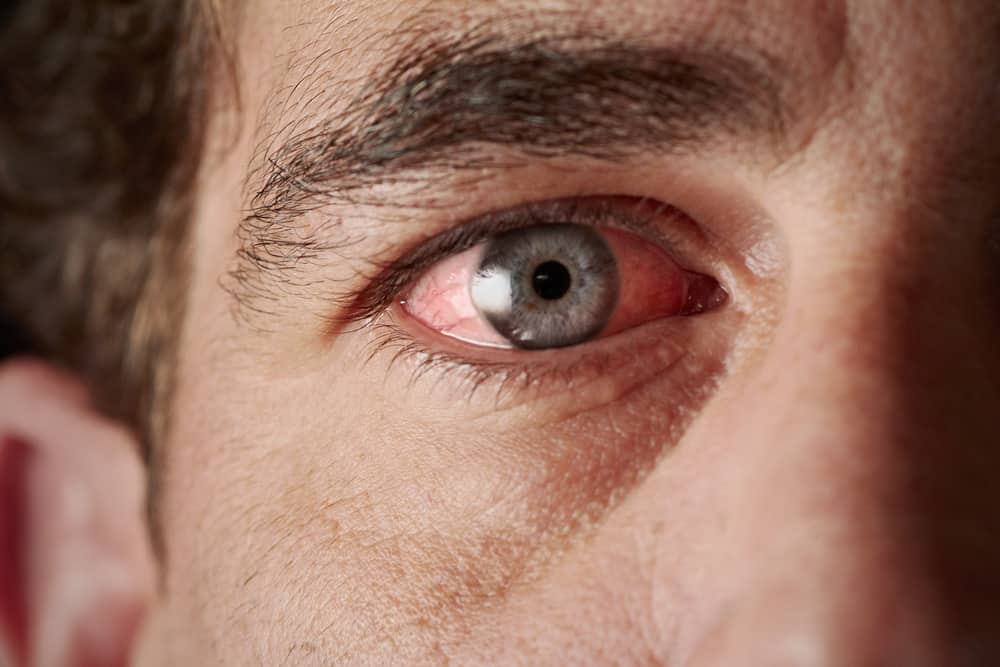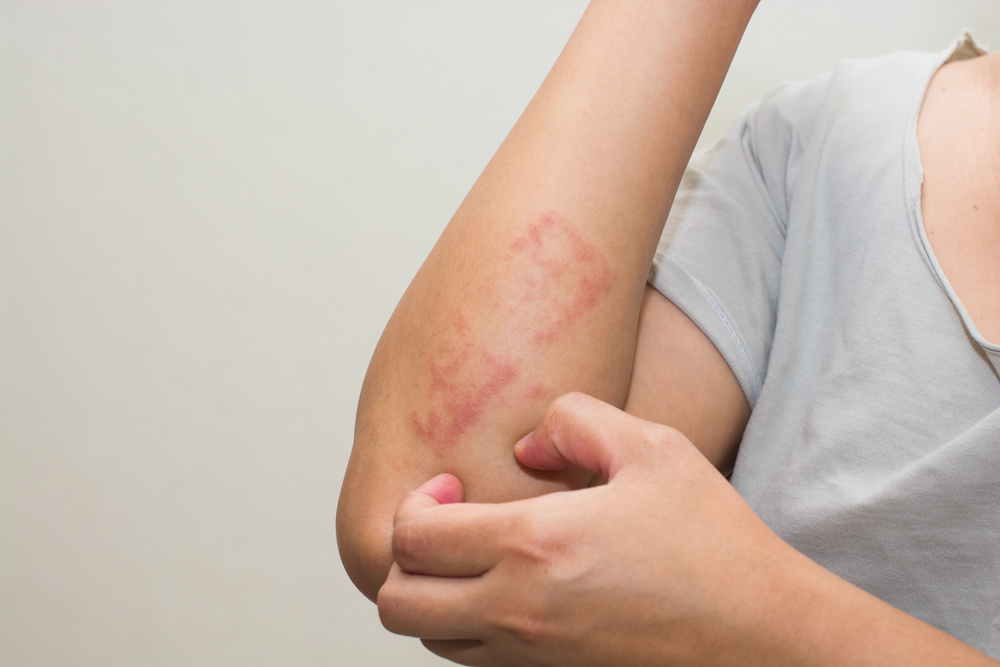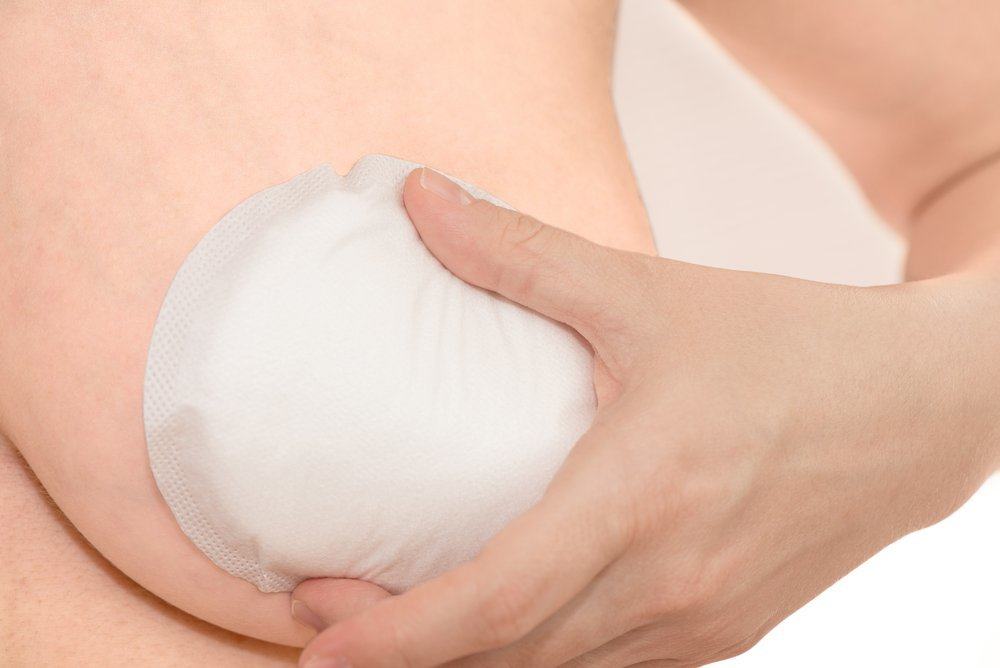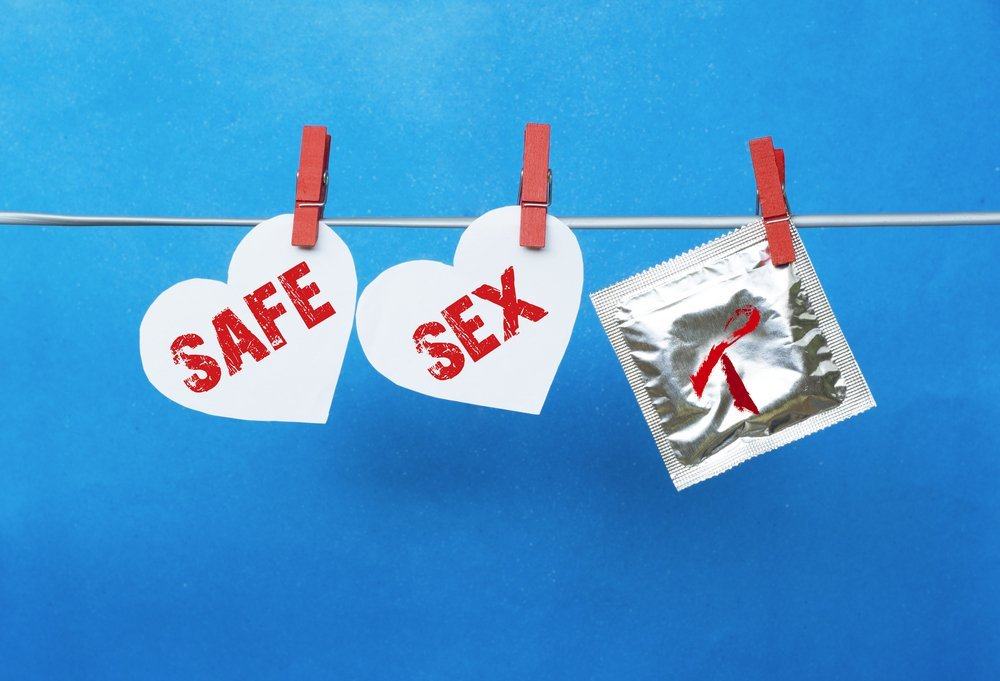Contents:
- Medical Video: Why Do Your Eyes Get Red in the Pool?
- Why are red eyes after swimming without swimming goggles?
- Recognize chloramine which can make red eyes
- Follow the instructions around your pool to reduce the formation of chloramine
- The smell of the pool you often breathe is the smell of chloramine
- No need to worry about chloramine
Medical Video: Why Do Your Eyes Get Red in the Pool?
Swimming is a fun sport for all ages. However, swimming can have some impact on the condition of the eye. Red eyes with pain, that's the one that often appears. Have you ever felt it? Why are red eyes? What happens when the eyes turn red after swimming? Check out the review below.
Why are red eyes after swimming without swimming goggles?
Red eye after swimming is not caused solely by chlorine (a substance contained in chlorine) which is usually sprinkled by pool officials to maintain the quality of pond water.
You cannot completely blame chlorine, because there are other ingredients that make your eyes red, and feel sore after swimming in the pool without using glasses. According to the CDC, which is the center of disease control and prevention in the United States,chemicals in the pool that make the red eyes and feel sore are chloramine.
Chloramine is a chemical that is formed from urine, sweat, or other impurities from the body of a person swimming that reacts with chlorine in pond water. So, it's not chlorine that makes red eyes after swimming.
When you do not use swimming goggles, chloramine will experience direct contact with the tear layer that coats the surface of the eyeball.
This tear layer basically functions to make the eyes remain moist, smooth, and clear.
Well, when swimming without glasses or a protective barrier between the surface of the eye and pond water, pool water containing chloramine will wash away the thin layer of tears that moisturize the eye. This condition makes the eyes uncomfortable and will eventually turn red.
Recognize chloramine which can make red eyes
Chlorine in chlorine is usually used in swimming pools to kill germs. However, when chlorine reacts with waste products from people who swim, whether it's sweat, urine, and other impurities from the human body, chloramine will be formed.
Chloramine which is formed in this water will then release gas into the air on the water. This air around chloramine also finally contains chloramine in the form of gas. If the exchange of air around the pool is not smooth, then more chloramine is found around the pool as well as gas.
That's why, indoor swimming pools (indoor) or having a closed roof has the potential to collect more chloramine substances because the air circulation is narrower than the swimming pool outdoor.
The higher the chloramine substance without good air circulation, the people around the pool who do not swim can still experience eye irritation due to the effects of chloramine in the air.
Follow the instructions around your pool to reduce the formation of chloramine
If you see instructions in the pool like:
- No urination in the pool
- Do not wear clothes other than swimsuits
- Clean yourself or rinse your body before entering the pool
- Do not enter the swimming pool if you have diarrhea
- Go to the toilet before swimming
This condition aims to prevent the occurrence of more dirt entering the pond.
Just rinsing your body before entering the pool can help reduce body waste products such as sweat so that fewer enter the pool.
Remember, all the dirt that is carried from the body of the person swimming will react with chlorine and form chloramine. When the more chloramine is, the easier it will be to make your eyes red and sore eyes.
The smell of the pool you often breathe is the smell of chloramine
When you enter a swimming pool, you may have said "This pool smells of chlorine is very strong,". In fact, what you breathe is not the smell of chlorine or chlorine, but the smell of chloramine. The smell can also be a sign for you to be ready to protect your eyes before swimming and not to add new contaminants to the pool to a minimum.
No need to worry about chloramine
Although chloramine can make your eyes red and sore, you don't need to be afraid. Use swimming goggles to prevent pool water from entering your eyes.
Swimming goggles are the most effective tool to prevent your eyes from turning red, that's why you need to use swimming goggles. Use swimming goggles that fit the size of your eyes and are tight enough so that the water does not easily fit into the glasses. However, don't tighten it to make your head ache and dizziness.
In addition, rinsing the eyes after exiting the pool can also be another solution to wash the pool water that is still attached to the eyes.












